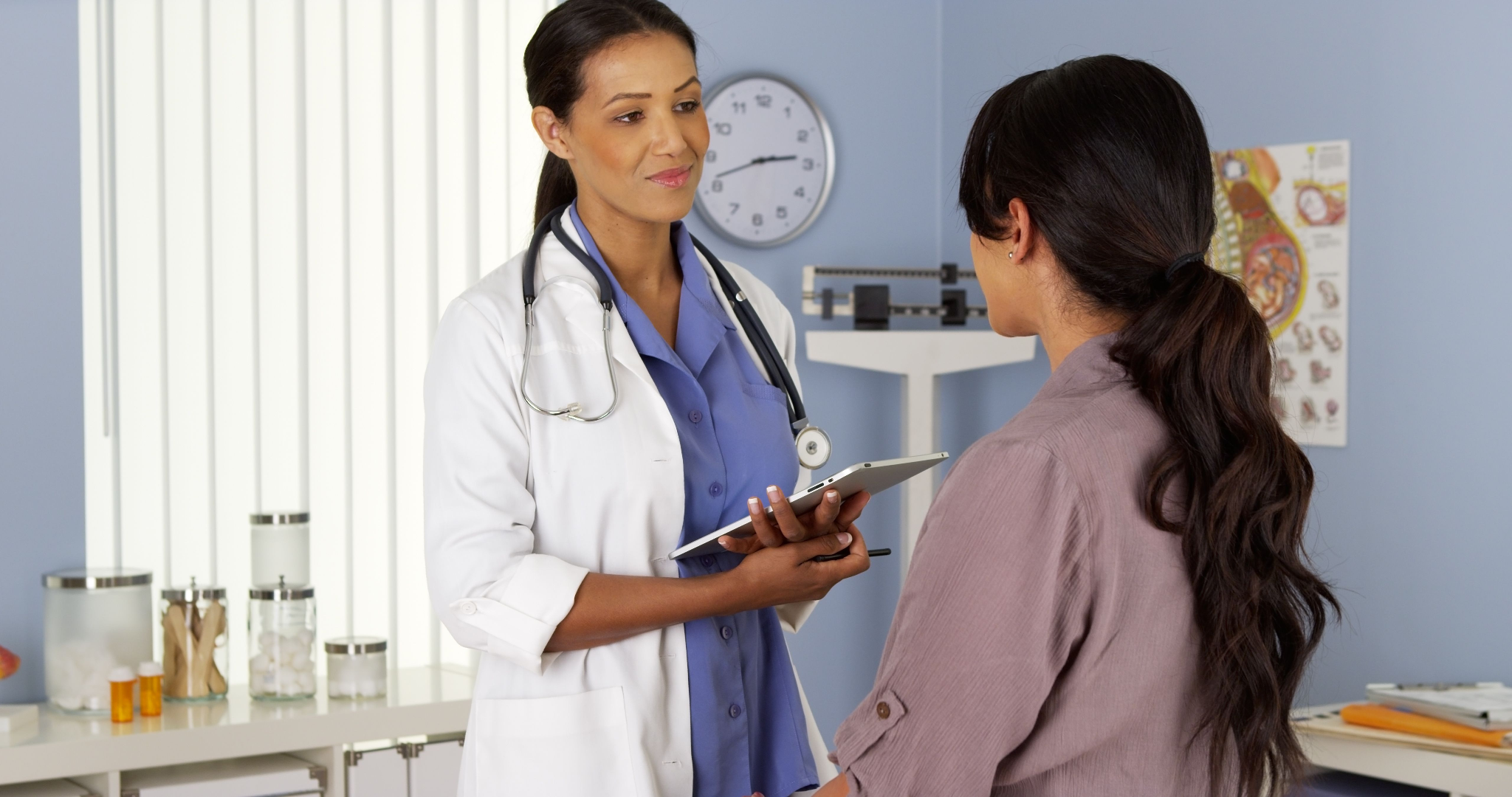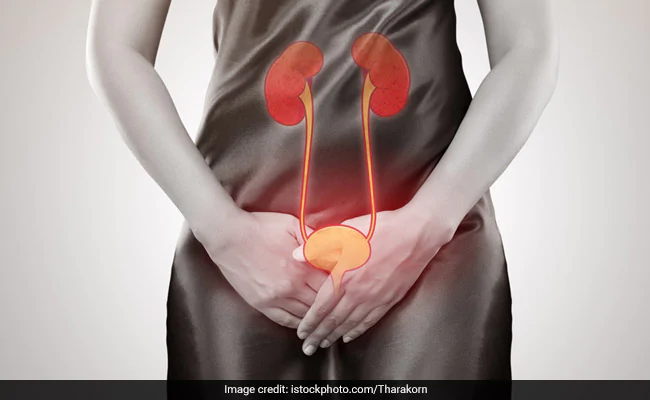- Our Doctors
- Our Specialities
Centres of Excellence
-
 Centre for Blood Diseases, BMT & Cancer Immunotherapy
Centre for Blood Diseases, BMT & Cancer Immunotherapy -
 Centre for Bone, Joint & Spine
Centre for Bone, Joint & Spine -
 Centre for Critical Care Medicine and ECMO Services
Centre for Critical Care Medicine and ECMO Services -
 Centre for Gastrosciences
Centre for Gastrosciences -
 Centre for Heart & Vascular Care
Centre for Heart & Vascular Care -
 Centre for Nephro-Urosciences
Centre for Nephro-Urosciences -
 Centre for Neurosciences
Centre for Neurosciences -
 Centre for Obstetrics and Gynaecology
Centre for Obstetrics and Gynaecology -
 Centre for Organ Transplantation
Centre for Organ Transplantation
Super Speciality
-
 Advanced Diagnostic and Interventional Radiology
Advanced Diagnostic and Interventional Radiology -
 Anesthesiology & Pain Management
Anesthesiology & Pain Management -
 Clinical Nutrition and Dietetics
Clinical Nutrition and Dietetics -
 Dental and Maxillofacial Surgery
Dental and Maxillofacial Surgery -
 Dermatology
Dermatology -
 Emergency and Trauma
Emergency and Trauma -
 Endocrinology and Metabolic Disease
Endocrinology and Metabolic Disease -
 ENT and Head & Neck Surgery
ENT and Head & Neck Surgery -
 Family Medicine
Family Medicine -
 General and Laparoscopic Surgery
General and Laparoscopic Surgery -
 General Medicine
General Medicine -
 Laboratory Medicine
Laboratory Medicine
-
- Key Procedures
- Our Hospitals
- International Patient
- Contact us
-
Quick Links
Blogs

Gynaecological Care 101: All you need to know about your visit to the Gynaecologist
When should you see a gynecologist? If you’re a woman or a person with a female reproductive system, experts recommend that you start seeing a gynecologist when you become sexually active, or at least once before the age of 21.
Good gynaec care is important for many reasons. We will briefly describe the basic reasons for a visit to your gynecologist, how to decide whether to see a gynecologist, what happens during a visit to a gynecologist, what to discuss, and how to be as comfortable as possible throughout the visit.
Common types of gynaec care
Good reasons to see your doctor include:
- A Pap smear to help prevent cervical cancer (this screening test checks cells on the cervix for abnormalities or precancers)
- Discussion on birth control options
- Solutions for painful, heavy, or irregular periods
- Changes in vaginal discharge, which could be a sign of a vaginal infection (for example, a yeast infection or bacterial vaginosis)
- Testing for sexually transmitted infections (STIs), such as chlamydia, gonorrhea, or trichomoniasis
- Symptoms of a urinary tract infection (UTI), such as burning when you urinate, cloudy or bloody urine, urinating more often than usual or feeling an intense urge to urinate
- Pain or discomfort during sex
- Rashes, bumps, or irritation on the vulva (outside portion of the vagina)
- Perimenopause or menopause symptoms, such as irregular periods, hot flashes, or vaginal dryness.
What happens during a visit for gyn care?
Like any doctor, a gynecologist will ask questions about your medical history. Most times a full exam is done including a breast exam, belly exam, and pelvic exam. A pelvic exam involves examining the vulva and labia that form the outer genitals, inner thigh, and buttocks, and sometimes inner tissues inside the vagina also need to be examined. This exam can be slightly uncomfortable, with a pressure-like sensation, but should not be painful. You should always tell your provider if you are having pain during any part of the exam.
If you are experiencing symptoms, you may be tested for vaginal infections, STIs, or urinary tract infections. Any vulvar skin issues may require a small skin biopsy or sample of a lesion or bump.
What should you discuss during your visit?
There are a few important things to remember to discuss during your visit. It is best to write these down ahead of time, as people often feel nervous and anxious during these types of sensitive visits:
- Your sexual history (number of partners, any concerns for exposure to STIs)
- problems with leaking urine or difficulty controlling your urine
- Low sex drive or desire to have sex
- Discomfort or pain during sex
- Heavy, painful, or irregular periods
- Any vaginal odor, discomfort, or abnormal discharge
- Rashes or bumps in the pelvic area
- Concerns about or plans for having children in the future.
How can you make yourself as comfortable as possible during these visits?
It is normal to feel nervous. You’re discussing sensitive topics and may feel vulnerable and even uncomfortable during the exams. Here are a few strategies to try to maximize your comfort during these visits:
- If you are anxious or nervous at gyn visits, let your provider know.
- Ask all your questions before the start of the physical exam.
- Tell the provider if this is your first pelvic exam.
- If you have experienced sexual assault or trauma in the past, tell your provider that these types of exams may be difficult for you given your history.
Practice mindful breathing or other relaxation techniques during your exam.
Latest Posts
-
 Awake Craniotomy Jul 12, 2022
Awake Craniotomy Jul 12, 2022 -
 Curing Constipation Jul 12, 2022
Curing Constipation Jul 12, 2022 -
 The ‘Gut Health’ Buzz Jul 12, 2022
The ‘Gut Health’ Buzz Jul 12, 2022 -
 Tips to Prevent UTI Jul 12, 2022
Tips to Prevent UTI Jul 12, 2022
Categories
- Clinical Nutrition and Dietetics
- Endocrinology and Metabolic Disease
- General and Laparoscopic Surgery
- General Medicine
- Physical Medicine and Rehabilitation
- Psychiatry
- Centre for Heart & Vascular Care
- Centre for Bone, Joint & Spine
- Centre for Neurosciences
- Centre for Gastrosciences
- Centre for Nephro-Urosciences
- Centre for Blood Diseases, BMT & Cancer Immunotherapy
- Centre for Obstetrics and Gynaecology

 +91 9393 108 108
+91 9393 108 108














































